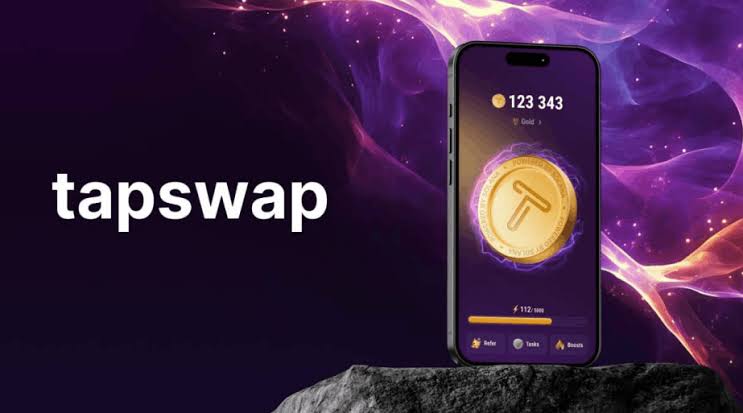As the topic of virtual and digital currencies (cryptocurrencies) gains popularity in Nigeria, numerous platforms are emerging that promise rewards in crypto points. These points can supposedly be converted into cryptocurrencies and ultimately turned into cash.
The latest trend involves mobile applications where users simply tap their phone screens repeatedly to earn points, which can then be exchanged for money. Popular platforms include Notcoin, Tapswap, Hamstar Kombat, and Poppo.
While some claim to have earned money on these platforms, others remain skeptical due to the platforms’ pre-launch status. Many of these apps are downloaded through Telegram, or even when available on app stores, still require a Telegram account for access.
This reliance on Telegram raises a red flag for Ejike Okonkwo, a tech expert with over 10 years of experience in the crypto sector. He highlights the platform’s anonymity and lack of restrictions, making it attractive to hackers.
Potential Cybercrime Risks
Okonkwo warns of potential financial losses despite the current lack of upfront fees for tapping.
“To claim earned points, the app might require your crypto wallet information, which is a security risk. You don’t know what could happen with that data,” he explains.
“They might also ask for payment to double or triple your points. Remember, these are unlaunched projects, and there’s a chance they might never launch, leaving you with no money.”
As users interact with these platforms in hopes of earning, they may be asked to perform various tasks like liking or reposting social media content, joining online forums, or even doing live broadcasts.
“Most young people won’t even read the content they’re asked to like or repost; they just do it for the tokens. This content could be illegal, and they might face legal trouble unknowingly.”
Exposure to Malware
Okonkwo further warns that some platforms offer location-based rewards, with users in Europe or America receiving more for the same tasks compared to those in Africa. This incentivizes some users to download Virtual Private Networks (VPNs) to mask their location.
“Many VPNs are malicious software, collecting important data and personal information from unsuspecting users,” he cautions.
Click-bot software is also being used to automate the tapping process, generating points overnight. “These programs are inherently risky,” Okonkwo adds.
Empty Promises?
According to Okonkwo, some platforms might simply use the “tap-to-earn” model to generate user engagement and awareness without ever intending to pay out. Even if they do pay, the rewards might be meager compared to the time invested.
Lack of Regulation
Cryptocurrency remains a controversial topic in Nigeria. The Central Bank of Nigeria (CBN) has banned banks from dealing with cryptocurrencies. Recently, the government arrested executives from Binance, the world’s largest crypto exchange, on charges of money laundering and tax evasion.
The lack of regulation means there’s no recourse for users who lose money or if a platform shuts down. Their investment is simply gone.
Another crypto expert, Japhet Jackson, expressed concern in a recent interview with the Daily Trust newspaper: “We don’t know who’s behind these platforms or their intentions, but millions of Nigerians are exposing themselves. Anything can happen in the end.”
“The impact might not be immediate, but it could come back to haunt you down the line when you try to use your crypto wallet for something important,” Jackson concluded.
